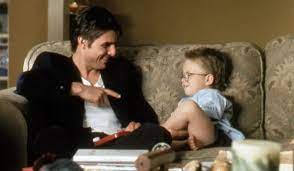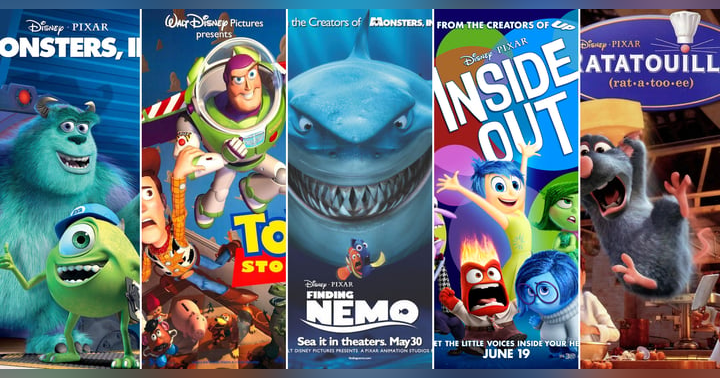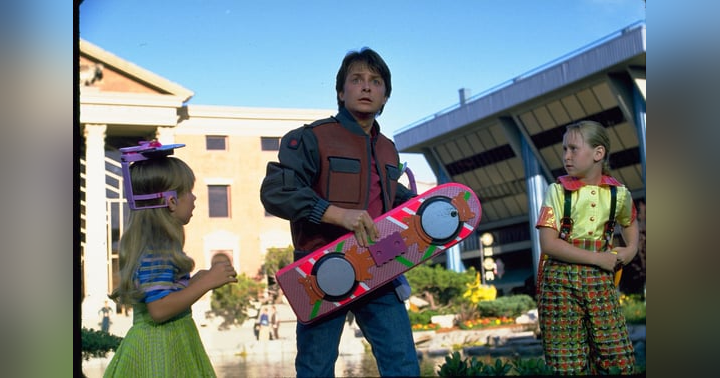Jerry Maguire (1996): The Role That Redefined Tom Cruise

Before Jerry Maguire, Tom Cruise was a Hollywood superstar. After Jerry Maguire (1996), he became something much rarer: a legitimate actor with emotional range, vulnerability, and cultural depth. Cameron Crowe's 1996 romantic dramedy didn't just give us iconic catchphrases like "Show me the money" and "You complete me." It gave Cruise the kind of role that restructured how audiences and critics saw him. It wasn't just a turning point in his career; it was a recalibration of his image.
Let's break down why Jerry Maguire matters so much in the Tom Cruise cinematic universe.
The Pre-Maguire Cruise: Icon, Not Actor
By the mid-1990s, Tom Cruise was already a certified box office phenomenon. His filmography included:
- Risky Business (1983) – teen sex comedy turned cultural moment
- Top Gun (1986) – launched Cruise into superstardom
- Rain Man (1988) – Oscar-winning film where Cruise held his own against Dustin Hoffman
- Born on the Fourth of July (1989) – his first true dramatic stretch, earning his first Oscar nom
- A Few Good Men (1992) – courtrooms, shouting, charisma dialled to 11
- The Firm (1993), Interview with the Vampire (1994), Mission: Impossible (1996)
By the time 1996 rolled around, Cruise was the highest-paid actor in the world. He had built his brand on charm, speed, control, and the kind of untouchable confidence Hollywood loves to bottle and sell. But there was a growing critique beneath all that: Could Cruise act? Could he fail?
Enter Jerry Maguire.
The Role: A Man in Free Fall
Jerry Maguire begins with Cruise at his peak. He's successful, cocky, good-looking, and wearing a headset while making big deals for pro athletes. He's the perfect '90s power guy. But then, in a brilliant pivot, he has a moral epiphany and burns his life down with a mission statement about honesty and heart in Business.
The next two hours follow Jerry on a downward spiral, fired from his job, abandoned by clients, dumped by his fiancée, mocked by peers. And Cruise plays it, not with slickness or stoicism, but with messiness. Jerry isn't cool. He's awkward. He overshares. He panics. He sings badly. He weeps. He fails.
And Cruise commits to all of it.
Vulnerability: The Game-Changer
What makes Jerry Maguire such a standout is how un-Cruise-like it dares to be. There's no stunt work, no action set pieces, no steely-eyed saviour moments. Jerry doesn't win because he's the smartest guy in the room; he wins because he learns to listen, to feel, to connect.
In the scene where Rod Tidwell (Cuba Gooding Jr.) calls out Jerry for not really caring about his clients, we see a genuinely broken man on screen. And when Jerry tells Dorothy, "You complete me", it's not a swaggering declaration. It's a plea. A quiet, desperate recognition of his own flaws. That single line, however parodied, became iconic because Cruise finally showed the cracks.
This kind of vulnerability was rare for leading men in the 90s and rarer still for Tom Cruise. It's arguably the first time audiences saw the man behind the mask. Not Ethan Hunt. Not Maverick. Just Jerry.
Critical and Commercial Validation
Jerry Maguire was a critical darling. It was nominated for five Academy Awards, including:
- Best Picture
- Best Actor (Tom Cruise)
- Best Supporting Actor (Cuba Gooding Jr.) – which he won
- Best Original Screenplay (Cameron Crowe)
- Best Editing
The film made over $273 million worldwide on a $50 million budget. Critics praised Cruise's depth. Audiences loved the emotional journey. And Cruise earned his second Oscar nomination.
In short, it was proof. Proof that Cruise could do more than sell popcorn. He could act. He could feel. He could carry an emotionally complex film and still pull massive numbers at the box office.
The Ensemble Elevated Him
Another reason Jerry Maguire worked so well for Cruise was the cast around him. Renée Zellweger, in her breakout role, brought a quiet resilience and authenticity to Dorothy Boyd. Cuba Gooding Jr. delivered a kinetic, heartfelt performance as Rod Tidwell, which challenged Cruise to raise his emotional game.
Even Bonnie Hunt, as Dorothy's overprotective sister, and child actor Jonathan Lipnicki added texture that grounded the film. This wasn't just Cruise hamming it up. This was Cruise playing within a real world, surrounded by characters who didn't let him dominate the spotlight.
It made him better. It made him human.
After Jerry: A Career Rebalanced
The ripple effect of Jerry Maguire on Cruise's career is undeniable. While he would return to action-heavy blockbusters (Mission: Impossible II, Minority Report, War of the Worlds), he also started taking more risks:
- Magnolia (1999) – an abrasive, emotionally wrecked motivational speaker
- Vanilla Sky (2001) – existential sci-fi head-trip
- Collateral (2004) – playing against type as a cold-blooded assassin
- Lions for Lambs (2007) and Tropic Thunder (2008) – bold, off-brand choices
Even within the Mission: Impossible franchise, Cruise began layering in more vulnerability. He started to let his characters hurt a little more, fail a little more, and connect a little more.
Would any of that have happened without Jerry Maguire?
Unlikely.
The Legacy of "You Complete Me"
For all its memeable lines and rom-com tropes, Jerry Maguire endures because it came at the right time, for the audience and for Cruise. It challenged him to slow down, strip away the bravado, and be emotionally naked on screen. In doing so, it earned him something more valuable than another hit: credibility.
In an era of male movie stars defined by invincibility, Jerry Maguire let Cruise be messy, scared, and emotionally exposed. It helped him grow up on screen and helped his fans grow with him.
Today, Tom Cruise is still a box office titan. But for many, Jerry Maguire remains the film in which he proved he was more than just a star. He was a storyteller, an actor, and a complete artist.
Final Thought
Jerry Maguire didn't just change how audiences saw Tom Cruise. It changed how Cruise saw himself. It opened the door for nuance, depth, and vulnerability in a career often defined by action and charm. And nearly three decades later, it remains one of the most important roles he's ever played.
Because sometimes, it takes losing everything to find what really matters.
And for Tom Cruise, that moment was Jerry Maguire.














